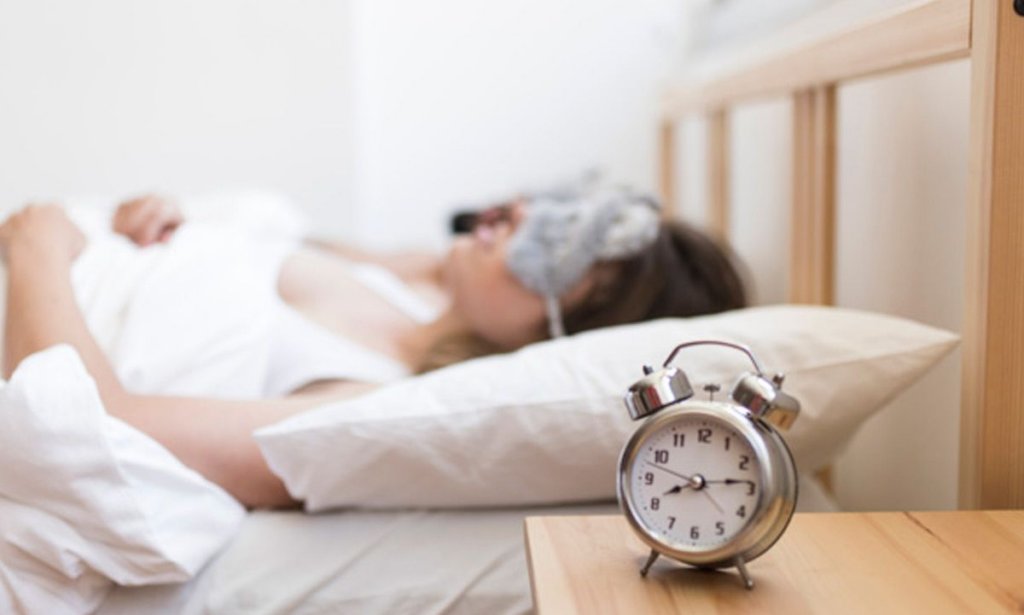In the hustle and bustle of modern life, sleep often takes a back seat to work, socializing, and other responsibilities. Yet, the quality and quantity of our sleep have a profound impact on our mental health and well-being. In this article, we’ll explore the crucial role of sleep in maintaining optimal mental health, why it matters, and how you can prioritize sleep to nurture your mind and body.
The Sleep-Mental Health Connection: Unraveling the Link
Sleep and mental health are intricately connected, with each influencing the other in a complex dance of physiological and psychological processes. Adequate sleep is essential for regulating mood, cognition, and emotional resilience, while chronic sleep deprivation can exacerbate symptoms of anxiety, depression, and other mental health conditions. By prioritizing sleep, we can support our brain’s ability to process emotions, consolidate memories, and maintain overall mental well-being.
Understanding Sleep: The Basics of Restorative Rest
Sleep is not just a passive state of unconsciousness; it’s a dynamic process that plays a vital role in restoring and rejuvenating both body and mind. During sleep, the brain undergoes essential processes such as memory consolidation, toxin removal, and neural repair, while the body replenishes energy stores, repairs tissues, and regulates hormonal balance. The quality and duration of our sleep cycles, including deep and REM sleep, are crucial for ensuring optimal mental and physical health.
The Impact of Sleep Deprivation: The Toll on Mental Health
In today’s fast-paced society, many of us are chronically sleep deprived, sacrificing rest for the sake of productivity or entertainment. However, the consequences of sleep deprivation can be severe, ranging from impaired cognitive function and decreased productivity to heightened stress, irritability, and mood swings. Over time, chronic sleep deprivation can contribute to the development or exacerbation of mental health disorders, making it essential to prioritize sleep as a non-negotiable aspect of self-care.
Tips for Improving Sleep Hygiene: Cultivating Healthy Sleep Habits
Fortunately, there are many strategies we can employ to improve our sleep hygiene and promote restorative sleep. This includes establishing a regular sleep schedule, creating a relaxing bedtime routine, optimizing your sleep environment for comfort and tranquility, and avoiding stimulants such as caffeine and electronics before bedtime. Additionally, incorporating relaxation techniques such as deep breathing, meditation, or gentle stretching can help calm the mind and prepare the body for sleep.
Prioritizing Sleep: Making it a Non-Negotiable Priority
In a society that values productivity and busyness, prioritizing sleep can feel like a luxury or an afterthought. However, recognizing the critical role that sleep plays in supporting our mental health and overall well-being is essential for making it a non-negotiable priority in our lives. This may require setting boundaries with work or social commitments, advocating for sleep-friendly policies in the workplace, and prioritizing self-care practices that promote restful sleep.
FAQs (Frequently Asked Questions)
- How much sleep do I really need for optimal mental health? The recommended amount of sleep for adults is typically 7-9 hours per night. However, individual sleep needs may vary, so it’s essential to listen to your body and prioritize the amount of sleep that leaves you feeling refreshed and alert during the day.
- What can I do if I have trouble falling asleep or staying asleep? If you struggle with insomnia or other sleep disturbances, there are many strategies you can try to improve your sleep quality. This includes practicing relaxation techniques, establishing a consistent sleep schedule, limiting exposure to screens before bedtime, and seeking professional help if needed.
- Does napping during the day affect nighttime sleep quality? While short naps can be beneficial for some people, especially if they’re feeling tired or sluggish during the day, excessive or long naps can interfere with nighttime sleep quality. It’s essential to limit naps to 20-30 minutes and avoid napping too close to bedtime.
- Can exercise help improve sleep quality? Yes, regular exercise has been shown to improve sleep quality and duration, particularly when performed earlier in the day. However, vigorous exercise too close to bedtime may have the opposite effect, so it’s best to avoid intense workouts in the hours leading up to bedtime.
- Are there any natural remedies or supplements that can help improve sleep? While there are many natural remedies and supplements marketed for improving sleep, such as melatonin or herbal teas, it’s essential to consult with a healthcare professional before trying any new sleep aid. They can help you determine the most appropriate and effective solution for your individual needs.

